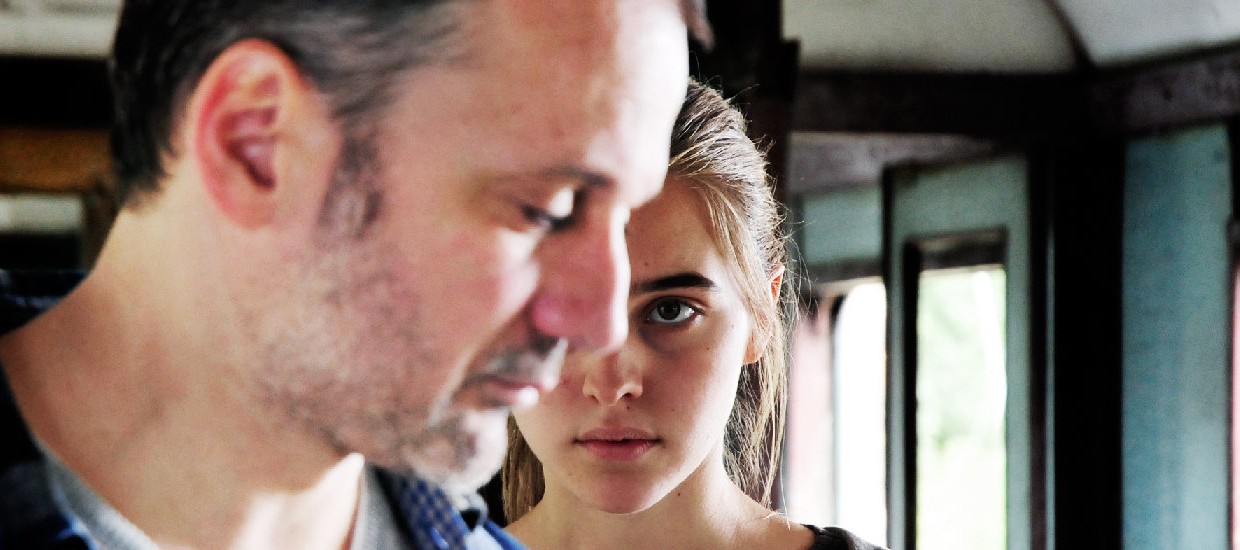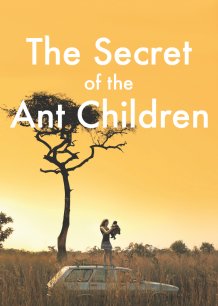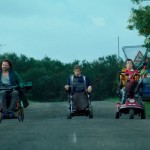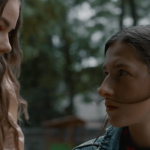By Jessica Duncanson
Director: Lili Horváth
The Wednesday Child follows Maja (Kinga Vecsei), a young woman and mother, as she determinedly endeavours to change her fate and secure a better future for her mute son, Kristian (Ede Kovacs).
She lives in a run-down and marginalised Hungarian town; its impoverishment is reinforced visually through the dull colours of the structures. What’s more, the portrayal of trains throughout the film seems to exaggerate the town’s left-behind status. In fact, the HQ of a local crime gang is an abandoned train carriage, showing that while others come and go on the moving trains, the people of this town are stuck in desolation.
Maja grew up in an orphanage alongside her current self-destructive husband, Krisz (Zsolt Antal). Abandoned by her own mother, she endeavours to reunite with her son, who is in the same orphanage. Maja’s life has been a struggle; her relationship with Krisz is tumultuous at best and their financial struggle had previously dragged her into his world of crime. When we meet Maja she is working as a cleaner in the local community centre, however, her illegal activities are still evident. We soon learn that she is by no means broken. After learning about a micro-credit group at the community centre, a programme that director Lili Horváth discovered in a newspaper and which actually runs in Hungary, Maja finds hope, motivation, and a complicated father figure in the group’s social worker, János (Szabolcs Thuróczy). Inspired by the prospect of earning an honest living and being allowed to have Kristian live with her rather than in the orphanage, her project of opening a laundry becomes critically significant.
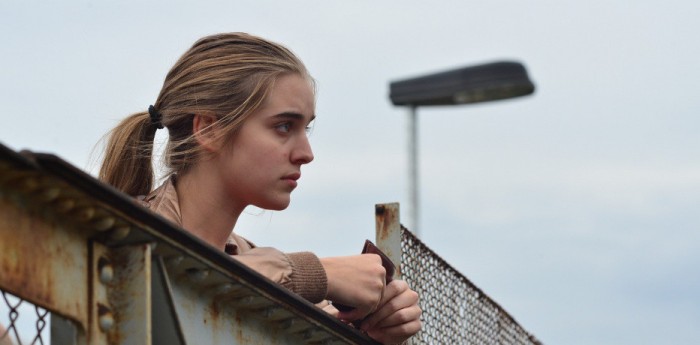
Unfortunately, Krisz does not make it easy. He is aggressive, jealous, and has no interest in forging a relationship with his voiceless son; telling Maja that they’ll just have another child. He appears to have little hope for redemption and includes Maja in his own self-destructive tendencies. While he is regularly absent, he appears at the most inopportune moments; a narrative tactic that is arguably a little too predictable for the film’s otherwise stark social realism.
Kinga Vecsei’s performance is captivating. She seems to have a natural ability as a realist actress and portrays Maja’s highs and lows in a masterfully understated way. A small smile manages to portray Maja’s euphoria, while her wet eyes are enough to express utter grief. Her own struggle with communication, which sees her shift between silence or aggressiveness, is exaggerated by her son’s muteness. As a kind of realist tragic heroine, she symbolises determination and the ability to fight against the limitations of your past. While the non-linear path of realism reminds us not to get too comfortable, the film does allow hope to pierce its tragic veil.

